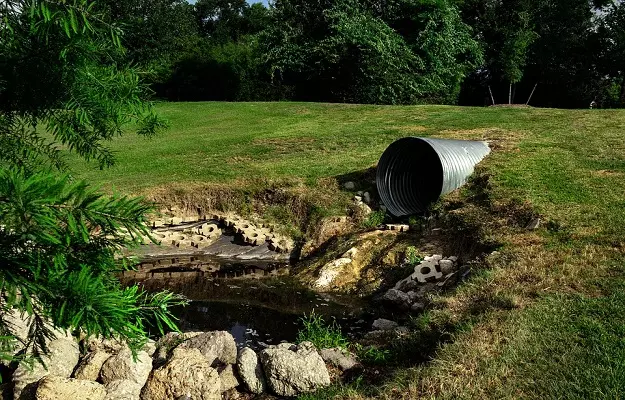As more and more individuals are getting infected with the COVID-19 virus, scientists have been trying to find a way to contain this infectious disease. With more than 9 lakh people infected and over 44,000 dead as of 1 April 2020, COVID-19 is still rapidly spreading around the globe.
Scientists are of course trying to find the cure and vaccines for this infectious disease. In addition to this, some scientists have also been looking for ways to help restrict the spread of COVID-19 - especially in countries that are in the early stages of COVID-19 infection.
Case in point: researchers at the Cranfield University might have found a way to detect the SARS-CoV-2 infection in the wastewaters of the communities infected with the virus.
Scientists from Cranfield University, UK, believe that wastewater-based epidemiology through paper analytical devices can help in accurately predicting the potential spread of the virus by picking up its traces from the urine and faeces of the disease carriers that enter the water systems.
This test is usually meant for the people who are asymptomatic but are not sure if they are infected with COVID-19 or not. This testing would help the officials to determine if a specific community or an area has COVID-19 carriers. This would help the authorities to enable rapid screening, quarantine and preventive measures in the COVID-19 carrier areas. The scientists believe that with the help of this device, they will be able to see an absolute and immediate picture of the health of the population.



































